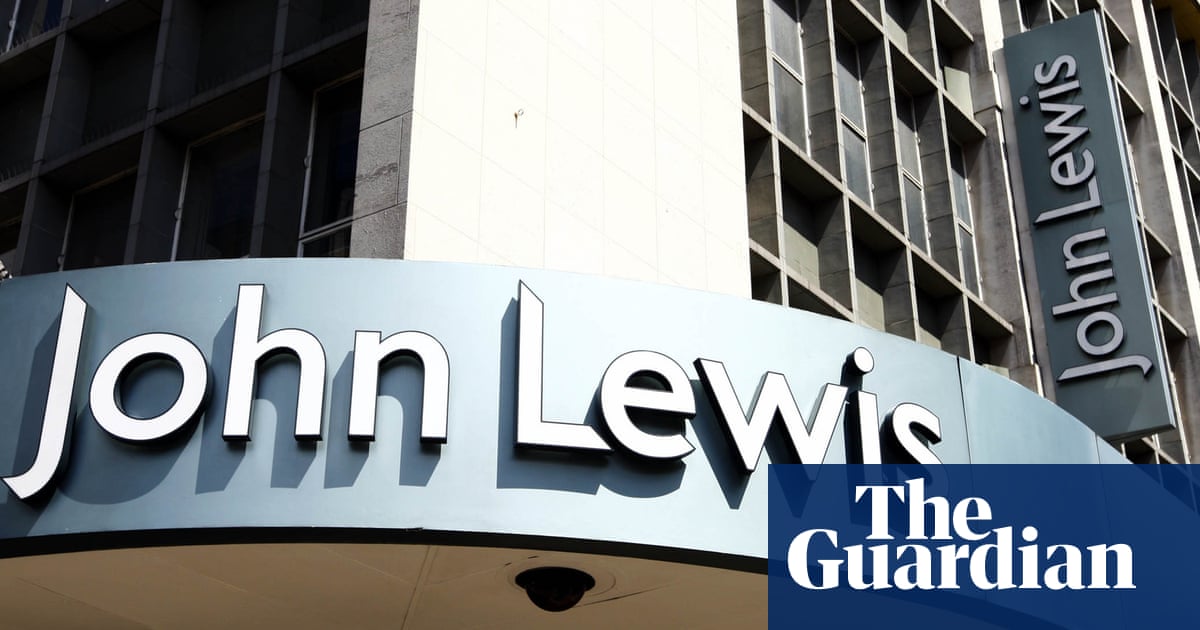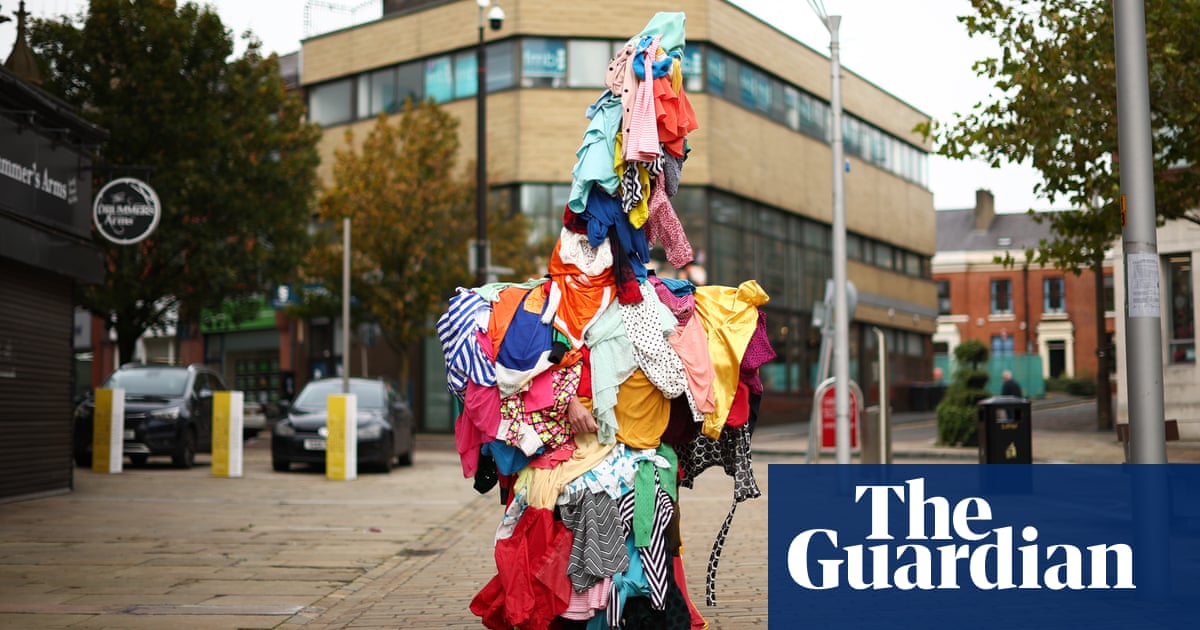
Fashion retailers and their suppliers are braced for a massive shake-out of the industry as an estimated £10bn of clothing piles up in warehouses during the coronavirus lockdown.
Retail insiders said major firms including Primark, Peacocks, Arcadia and Next had all stopped taking deliveries to their warehouses because they had no more room. Numerous poorer performing retailers, including Debenhams and vintage-inspired retailer Cath Kidston, are on the verge of collapse.
Many brands continue to trade online. But some, including Next and Moss Bros, have been forced to close even those operations because of difficulties in protecting workers picking and packing goods in warehouses from infection. Even those companies able to sell online have seen a big slump in orders as the nation lives in its pyjamas and sweat pants during the lockdown.
One distribution firm estimated that warehouse space across the UK was more than 90% full and inquiries for emergency clothing storage were up by a quarter ahead of Easter, usually a strong sales period.
Suppliers and warehouse operators said there were urgent negotiations about how to house about two weeks worth of stock currently on container ships heading for the UK.
One major high street clothing supplier told the Guardian: “Spring/summer season has been cancelled. People will try to reuse stock next year but they will have to slash prices to try and generate cash and some styles will no longer be relevant.
“There will be containers being docked at [ports] for a fee of £120 a day. All sorts of measures will be taken, because it’s a desperate time.”
Another industry insider agreed that discounting was unlikely to clear stock. “No one buys T-shirts in the winter. The industry has lost a season,” the source said.
In the past week it has emerged that both Debenhams and Cath Kidston are preparing to call in administrators, putting thousands of jobs at risk in the already battered retail sector.
Cath Kidston, which has 60 stores in the UK and a further 180 overseas, has filed a notice of intention to appoint administrators, a legal process which protects the business from creditors for 10 working days, as it considers potential rescue options. The company employs 941 people in the UK, 820 of whom were furloughed on 22 March under the government scheme.
Advisory firm Alvarez & Marsal (A&M) was appointed last month to help Cath Kidston seek a buyer as the British brand, which opened its first store in 1993, struggled to make a profit for its Hong Kong-based owner Baring Private Equity Asia.
Cath Kidston Group has been in difficulties for some time, recording a pretax loss of £42.3m in the year to the end of March 2018 when sales rose just 1.2% and it closed small retail businesses in France and Spain.
Coronavirus lockdowns in the UK and elsewhere have only added to the difficulties and it is understood that even if a buyer is found, the rescue is likely to involve a pre-pack administration.
A Cath Kidston spokesperson said: “The notice of intention forms part of the process by which Cath Kidston is continuing to work with A&M to explore all options for the company in the current climate.”
Debenhams is preparing to call in administrators after the struggling department store was forced to close all its outlets under the lockdown while Sir Philip Green’s Arcadia Group, the owner of Topshop and Miss Selfridge, is expected to permanently close hundreds of stores as it suffers from competition from the likes of Asos, Boohoo and Primark.
The lockdown has added to existing pressures on retailers from the consumer switch to online shopping and rising costs from business rates coupled with the fall in the value of the pound since the 2016 Brexit vote.
Fashion brands have been hit particularly hard as young people switch from spending on outfits to alternatives such as digital subscriptions and mobile phones.












